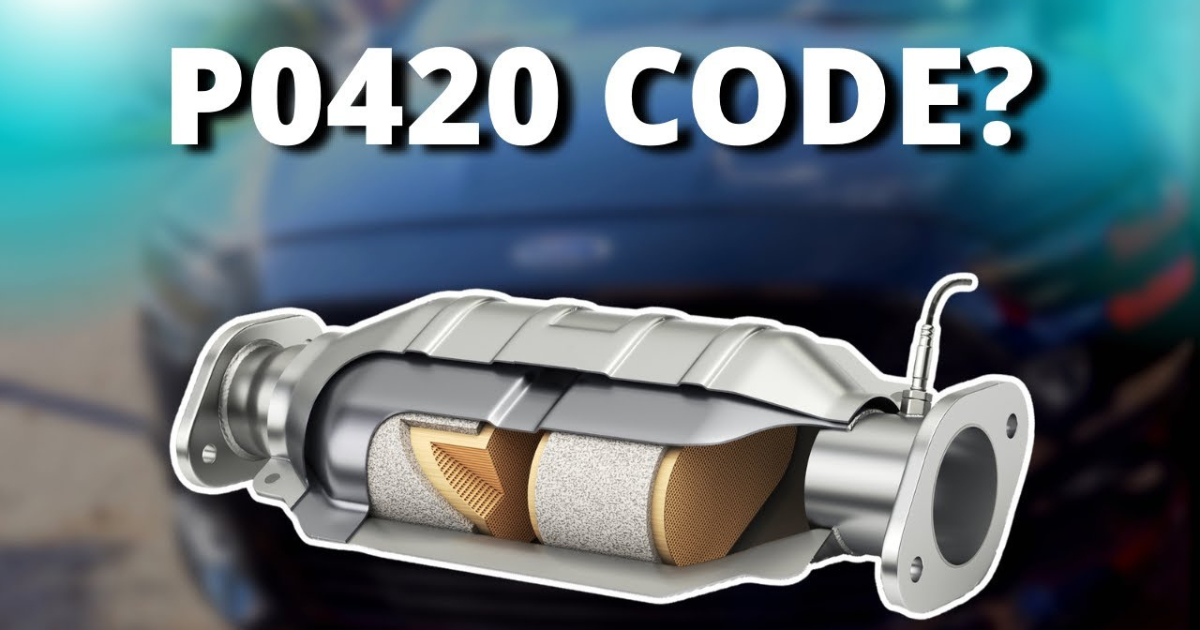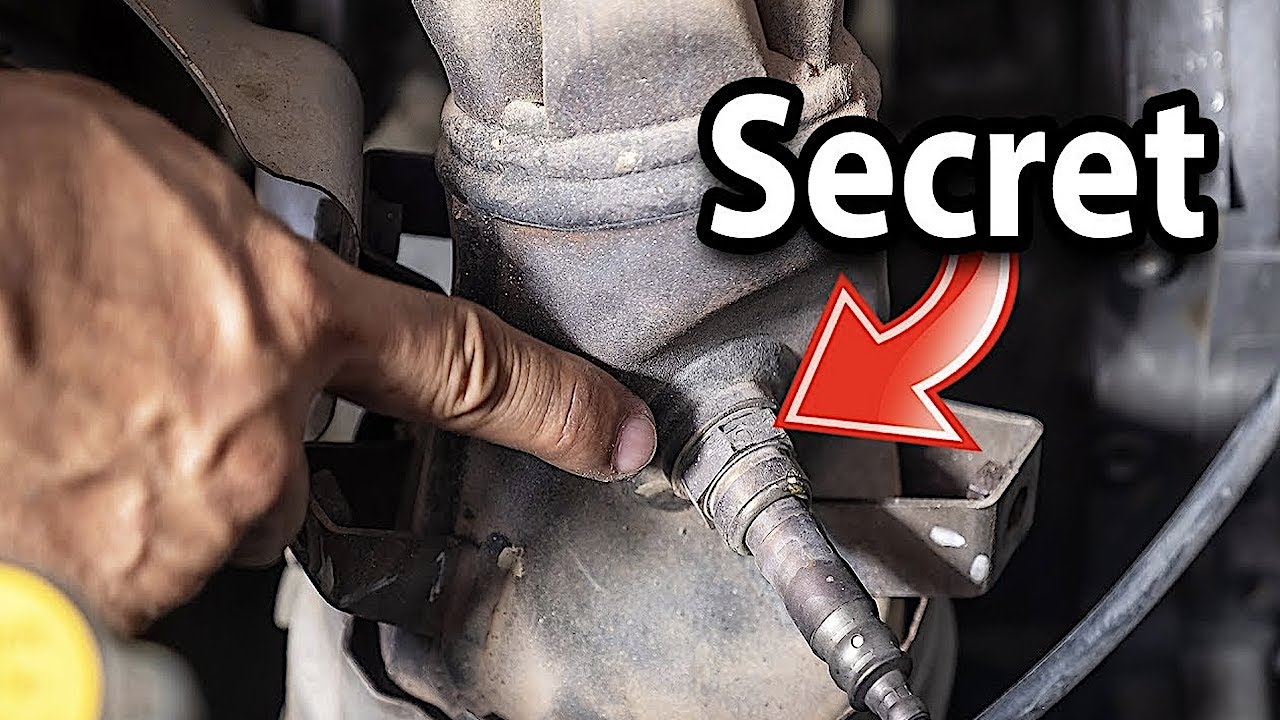Freon is a refrigerant that plays a crucial role in your car’s air conditioning system. It is responsible for removing heat and moisture from the air inside your car, making it cool and comfortable. However, low Freon levels can affect the performance of your car’s AC system, causing it to blow warm air or not work at all. In this article, we will discuss the causes and symptoms of low Freon levels in cars.
Causes of Low Freon Levels in Cars
- Leaks in the AC system: The most common cause of low Freon levels in cars is a leak in the AC system. Freon can leak from various components of the AC system, including the compressor, evaporator, condenser, and hoses.
- Wear and tear: Over time, the seals and gaskets in the AC system can wear out, causing Freon to leak out.
- Improper installation: If the AC system was not installed correctly, it can lead to leaks and low Freon levels.
- Manufacturing defects: In some cases, the AC system may have a manufacturing defect that causes Freon to leak out.
Symptoms of Low Freon Levels in Cars
- Loss of refrigerant while driving: An abrupt loss of cooling temperature from your car’s AC vents while driving may indicate that some of the pressurized Freon has caused a leak in the seals, hoses, or fittings.
- Obvious leaks: Freon contains some oil that allows it to lubricate the compressor. In its liquid state, it usually looks a bit like grease, only lighter. If you suspect a Freon leak, check the different components of your car’s AC system, including the pressure lines, service ports, front shaft, accumulator, condenser, and fittings that link with the compressor.
- Low gauge readings: You can check the Freon level in your car by using an AC manifold gauge. Connect the gauge to the high- and low-service ports and take the readings. If the readings are lower than the recommended levels, your car is low on Freon.
- Sight glass: Some cars have a sight glass component that allows you to detect Freon’s movement through the high-pressure line. When the Freon level is optimal, you will notice a clear fluid moving through the line. If the Freon levels are low, you will detect the presence of bubbles.
- AC is not blowing cold air: If your car’s AC is not blowing cold air, it may be due to low Freon levels.
- Clutch not engaging: Your car’s AC clutch causes the compressor to pressurize. If the clutch is not engaging, it may be due to low Freon levels.




